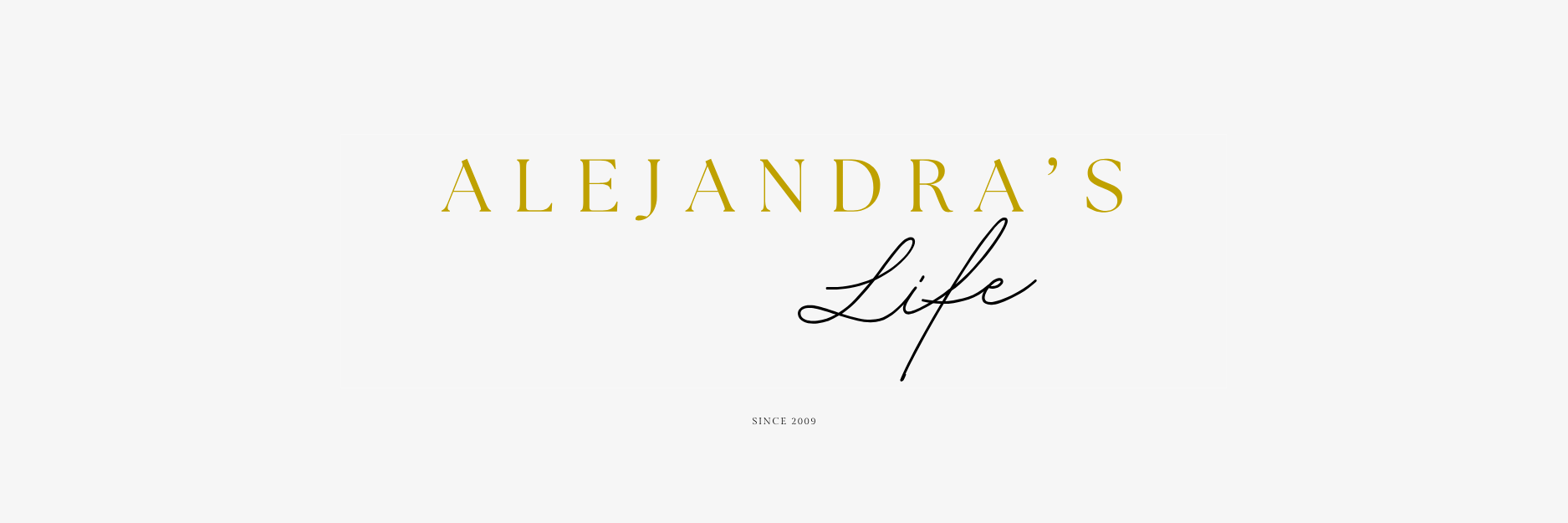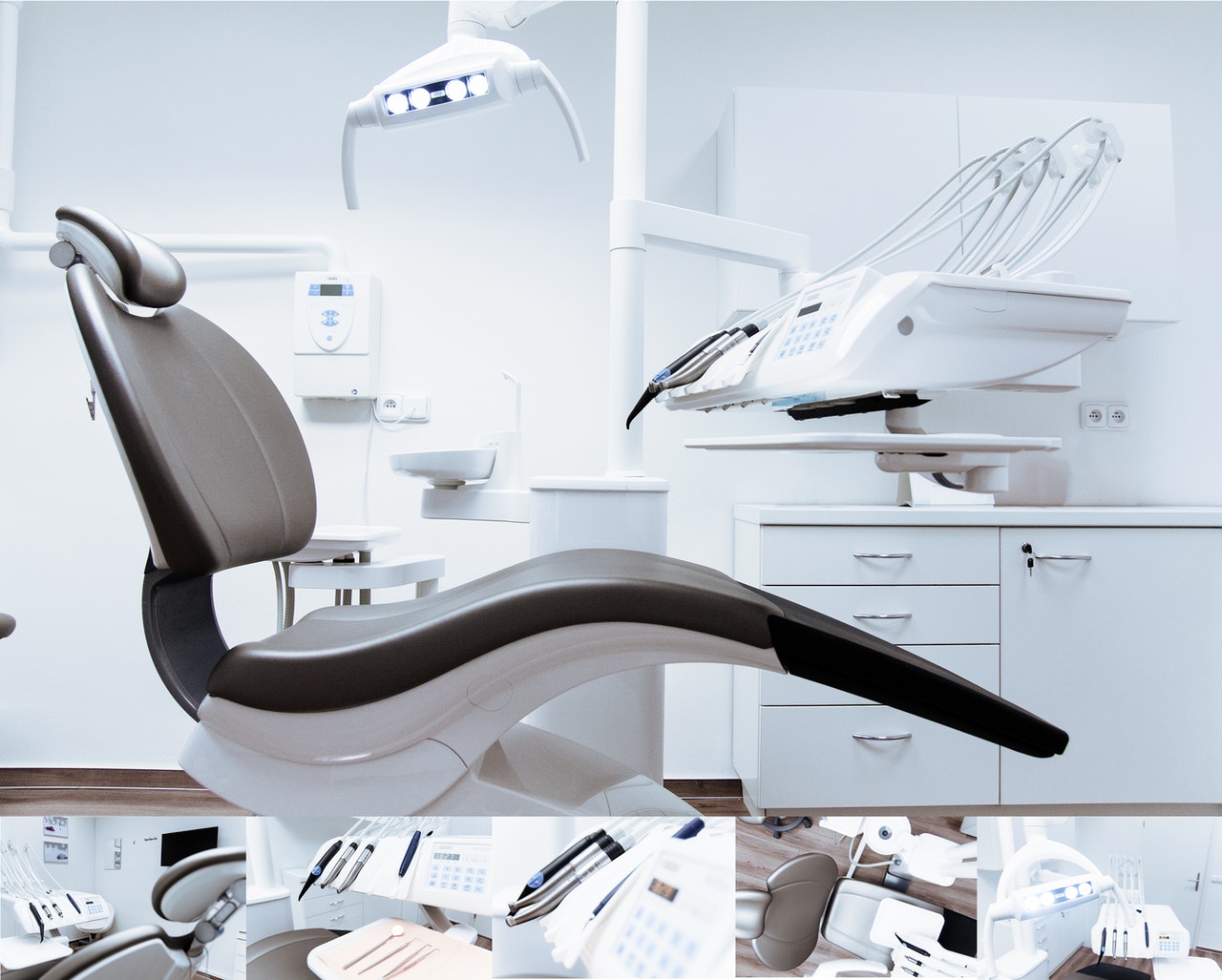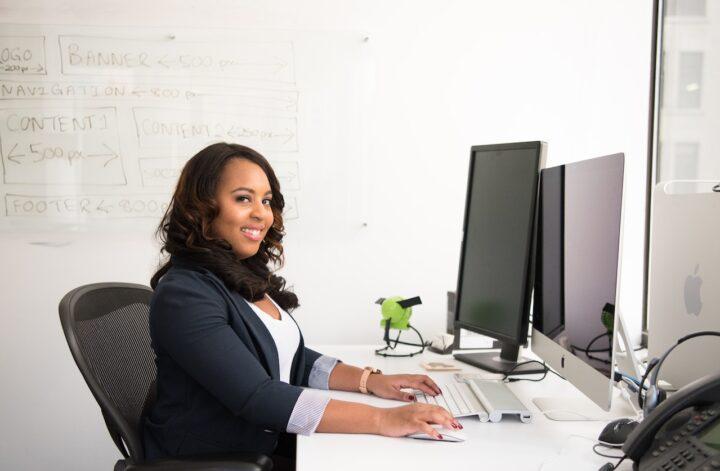A successful business is reliant on good equipment. But just how do you choose the right equipment? Below are 10 factors that are worth considering whenever you source equipment.
Cost
There are so many costs to consider with equipment. Make sure to look beyond the upfront costs. How much will it cost to maintain? Is it likely to use a lot of energy? If you’re buying on finance, how much interest are you likely to pay and can you afford monthly repayments? Budgeting ahead and taking time to shop around will ensure that you choose something that’s not too expensive.
Quantity
For certain equipment, like a coffee machine, you may only need one. But for other equipment, like office chairs in an office with a large team, you may need to buy a large quantity. Consider whether one for each employee is enough, or whether you need spares. Look for companies that offer multi-buy discounts.
Functions
It’s important that equipment is not too basic and that it provides all the functions you need. At the same time, you don’t want to buy equipment that has unnecessary functions that you won’t use. Work out exactly what you need from equipment before you buy.
Ease of use
You should avoid overly complicated equipment unless you or your team have experience with such equipment. If equipment is not easy to use, it will take longer to train employees how to use it and there may be more errors. Read reviews and watch demos to get an idea of how easy equipment is to use.
Condition
If you’re buying brand new equipment, you typically don’t have to worry about condition (if there is any damage, this should be protected by a warranty). Condition is an important factor to consider when buying used equipment. Ideally, you want to avoid anything heavily-used – it may be cheaper to buy, but will likely break sooner and more frequently, costing you more in repairs. Running in-house repairs can also be expensive, even with a strong supply of items such as grub screws, so this may not be a cost effective method in the long run.
Size
Size is an important factor to consider when it comes to location and storage of equipment. Equipment needs to meet the right dimensions to fit nearly into your premises. For example, if you need to buy a vaccine fridge for a room with a worktop in it, you may need to make sure that the vaccine fridge fits beneath the worktop. Consider the fact that some equipment can be dismantled to make it smaller and more convenient to transport.
Portability
Will your equipment be used in one place? Or will you need to constantly move it around? Many modern businesses have started trading desktops for laptops for the simple fact that they’re more portable, allowing employees to work from home or work on business trips. Of course, this may not be necessary for some businesses.
Safety
Equipment needs to meet high safety standards. If you’re buying old used equipment, make sure that it meets modern safety requirements. Ergonomics is important to consider too – equipment that does not cause strain while using it can prevent long-term repetitive strain injuries.
Appearance
The appearance of your equipment matters. If you’re using equipment around clients, you need to make sure that your equipment looks professional and well-maintained to build trust. The appearance of equipment can also affect employee morale – an employee may feel prouder driving a shiny new van than an old rusty one.
Environmental friendliness
Being an environmentally-friendly company is good for your reputation and can save costs. Think about how eco-friendly equipment is before buying it. This could include choosing energy-efficient machines, avoiding disposable plastic and using bio-friendly cleaning chemicals.




